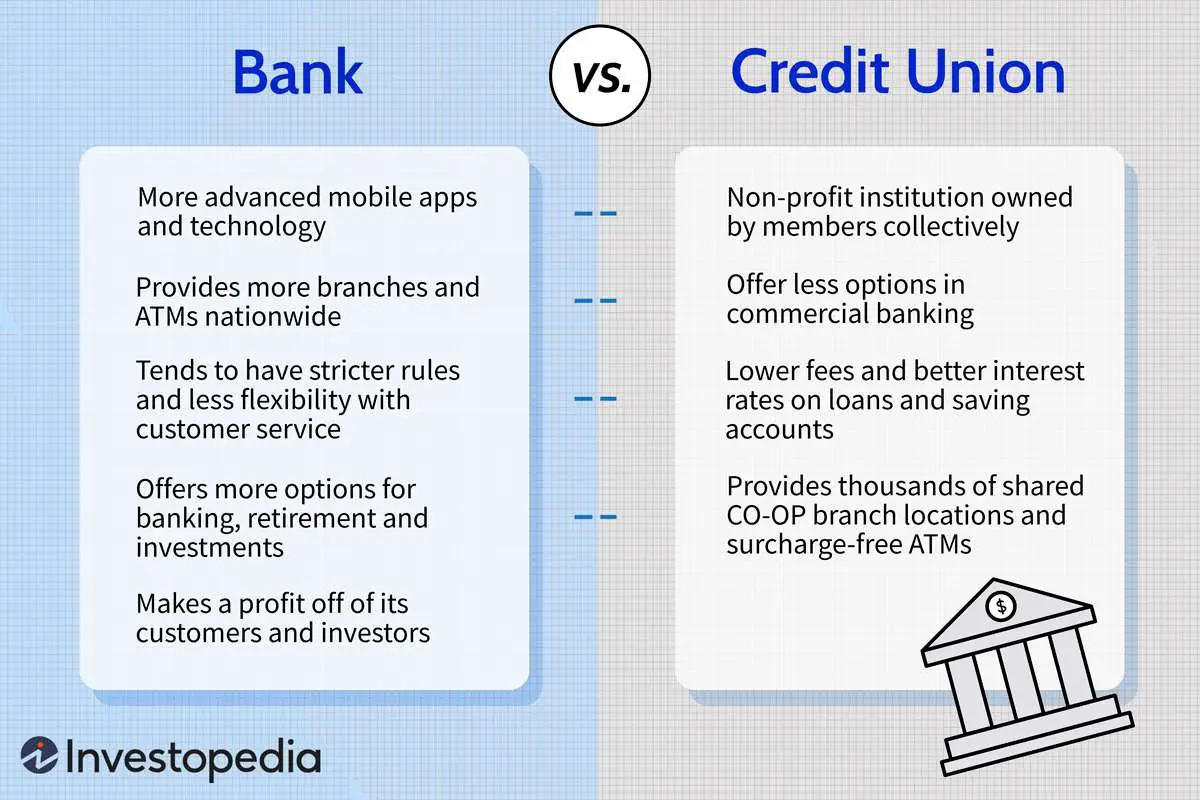Looking to diversify your investment portfolio? Interested in real estate opportunities? Then you may want to consider REITs. So, what are REITs and how can you invest in them? Well, REITs, or Real Estate Investment Trusts, are companies that own, operate, or finance income-generating real estate. They allow individuals like you to invest in real estate without having to buy, manage, or finance properties directly. In this article, we will delve into the world of REITs, exploring how they work and providing you with valuable insights on how to start investing in them. Let’s dive in!
What are REITs and How to Invest in Them
Introduction to REITs
Real Estate Investment Trusts (REITs) are companies that own, operate, or finance income-generating real estate properties. Investing in REITs allows individuals to gain exposure to the real estate market without directly owning and managing properties. REITs provide investors with the opportunity to earn income, diversify their portfolios, and potentially benefit from the appreciation of real estate values.
REITs were first introduced in the United States in 1960 to provide all investors with the chance to invest in large-scale, diversified commercial real estate. They offer a way to invest in a broad range of properties, including office buildings, shopping centers, apartments, warehouses, hotels, and healthcare facilities. In order to qualify as a REIT, a company must meet specific requirements set by tax authorities, including distributing a significant portion of its earnings to shareholders as dividends.
Types of REITs
There are several types of REITs, each specializing in different property sectors. Understanding the different types can help investors determine which ones align with their investment goals. Here are the main categories of REITs:
- Equity REITs: These REITs primarily own and operate income-generating properties. They generate revenue through property rents.
- Mortgage REITs: Mortgage REITs invest in mortgages or mortgage-backed securities, earning income from the interest on these investments. They do not typically own physical properties.
- Hybrid REITs: Hybrid REITs are a combination of equity REITs and mortgage REITs. They own properties and also invest in mortgages.
Each type of REIT has its own risk-and-reward profile. Equity REITs tend to offer more stable income through property rentals, while mortgage REITs can be more volatile due to fluctuations in interest rates. Hybrid REITs provide a blend of both types.
Benefits of Investing in REITs
Investing in REITs can offer numerous advantages for investors looking to diversify their portfolios and participate in the real estate market. Some key benefits include:
- Regular Income: REITs are required by law to distribute a significant portion of their earnings to shareholders, usually in the form of dividends. This provides investors with a consistent income stream.
- Liquidity: Unlike directly owning properties, REITs can be bought and sold on major stock exchanges, allowing investors to quickly and easily convert their holdings into cash.
- Diversification: REITs invest in a wide range of properties, which helps spread the investment risk across different sectors and geographies.
- Professional Management: REITs are managed by experienced professionals who handle property acquisitions, financing, and day-to-day operations, saving individual investors from the complexities of property management.
- Accessibility: REITs provide access to the real estate market for investors with smaller budgets who may not have been able to afford direct property ownership.
- Potential for Capital Appreciation: In addition to receiving regular dividends, investors also have the opportunity to benefit from the appreciation of real estate values, potentially increasing the value of their investment over time.
How to Invest in REITs
Investing in REITs can be done through various methods, catering to individual preferences and investment strategies. Here are some common ways to invest in REITs:
1. Publicly Traded REITs
Publicly traded REITs are listed on major stock exchanges, and investors can buy or sell their shares through brokerage accounts. This is the most common way to invest in REITs and provides the advantage of liquidity and ease of trading. Investors can choose from a wide range of publicly traded REITs, including those specializing in specific property sectors or geographical locations.
2. REIT ETFs and Mutual Funds
Investors can also gain exposure to a diverse portfolio of REITs through Exchange-Traded Funds (ETFs) and mutual funds that focus on real estate. These funds typically hold shares of multiple REITs, allowing investors to access a broader range of properties and sectors. Investing in REIT ETFs or mutual funds can provide instant diversification, professional management, and the ability to invest with a smaller amount of capital.
3. Private REITs
Private REITs are not publicly traded and are typically offered by investment firms to accredited investors. These REITs may have higher minimum investment requirements compared to publicly traded REITs. Private REITs often have a narrower focus on specific property sectors or investment strategies. Investing in private REITs can provide access to unique opportunities, but it’s important to carefully evaluate their track record, management team, and potential risks before investing.
4. REIT Crowdfunding
Crowdfunding platforms have made it possible for individual investors to participate in real estate investments, including REITs, with lower investment minimums. These platforms pool investments from multiple individuals to acquire or develop properties. Investors can choose from a variety of crowdfunding platforms that offer different types of REITs and investment opportunities. It’s essential to research the platform’s reputation, track record, and due diligence processes before investing through crowdfunding.
Investing in REITs provides individuals with an accessible and diversified way to invest in the real estate market. Whether through publicly traded REITs, REIT ETFs and mutual funds, private REITs, or REIT crowdfunding, investors can gain exposure to income-generating properties while potentially benefiting from capital appreciation. By understanding the different types of REITs and their benefits, investors can make informed decisions to align their investment goals with the appropriate REIT investment strategy. As with any investment, it’s important to conduct thorough research, assess risks, and consult with financial professionals before making investment decisions.
REITs: How to Invest In Real Estate With Little Money!
Frequently Asked Questions
Frequently Asked Questions (FAQs)
What are REITs?
REITs, or Real Estate Investment Trusts, are companies that own, operate, or finance income-generating real estate. They allow investors to pool their money together to invest in a diversified portfolio of properties, such as office buildings, apartments, hotels, or shopping centers.
How to invest in REITs?
Investing in REITs is relatively straightforward. You can invest in REITs through brokerage accounts, mutual funds, or exchange-traded funds (ETFs) that specialize in real estate. Alternatively, you can also invest directly in individual publicly traded REITs by purchasing their shares on stock exchanges.
What are the benefits of investing in REITs?
Investing in REITs offers several benefits. Firstly, it provides investors with exposure to the real estate sector without the need to directly own and manage properties. REITs also offer the potential for regular income through dividends, as they are required to distribute a significant portion of their taxable income to shareholders. Additionally, REITs can provide diversification to an investment portfolio due to the variety of properties they own.
Are there different types of REITs?
Yes, there are several types of REITs. Equity REITs are the most common type, where investors own and operate income-generating properties. Mortgage REITs, on the other hand, invest in mortgages or mortgage-backed securities. Hybrid REITs combine elements of both equity and mortgage REITs.
What factors should I consider before investing in REITs?
Before investing in REITs, it is essential to consider factors such as the overall performance and reputation of the company, the quality and location of its properties, the management team’s expertise, and the potential risks associated with the real estate market and the specific type of REIT.
Can I lose money investing in REITs?
As with any investment, there is a risk of losing money when investing in REITs. The value of REIT shares can fluctuate based on various factors, including changes in interest rates, economic conditions, and the performance of the real estate market. It is crucial to carefully evaluate the potential risks and rewards before investing.
What is the typical dividend yield for REITs?
The dividend yield for REITs can vary based on the specific REIT and market conditions. Generally, REITs aim to distribute a significant portion of their taxable income to shareholders, which often results in higher dividend yields compared to many other types of investments. However, it is advisable to research and compare the dividend yields of different REITs before making an investment decision.
Are REITs suitable for long-term investment?
REITs can be suitable for long-term investment goals, such as retirement planning or wealth accumulation. Their potential for regular income through dividends and the opportunity for capital appreciation over time can make them attractive for investors with a long-term investment horizon. However, individual investment goals and risk tolerance should always be taken into consideration before making any investment decisions.
Final Thoughts
REITs are a type of investment that allows individuals to invest in real estate without actually owning physical properties. By purchasing shares in a REIT, investors gain exposure to a diversified portfolio of properties. To invest in REITs, one can approach it through various methods such as buying individual REIT stocks, investing in REIT ETFs, or through mutual funds that include REITs. It is essential to conduct thorough research, analyze the performance and stability of the REIT, and consider factors like dividend yield and management expertise before making investment decisions. By understanding what REITs are and adopting a well-informed approach, individuals can explore this avenue for potential long-term returns and portfolio diversification.



